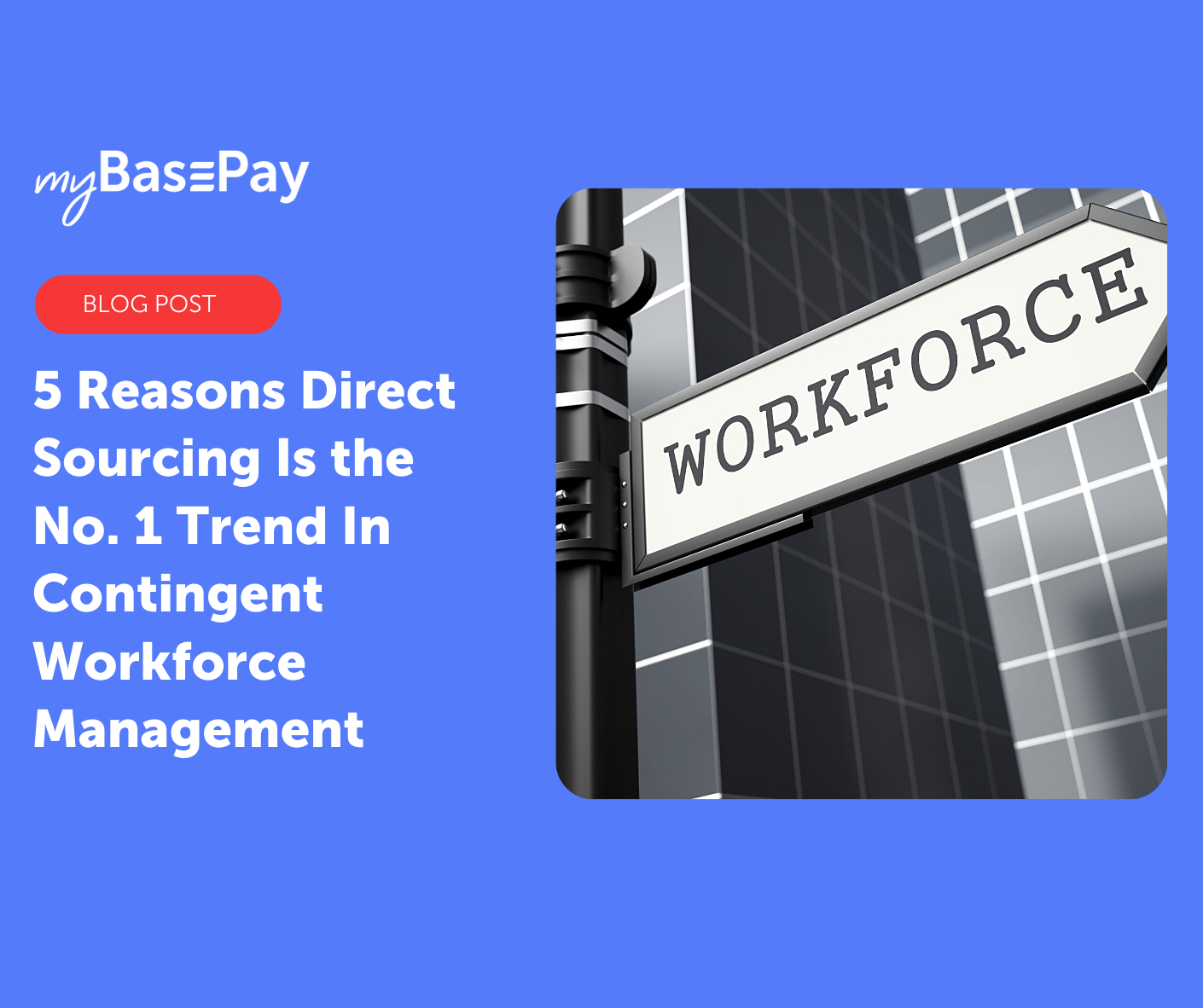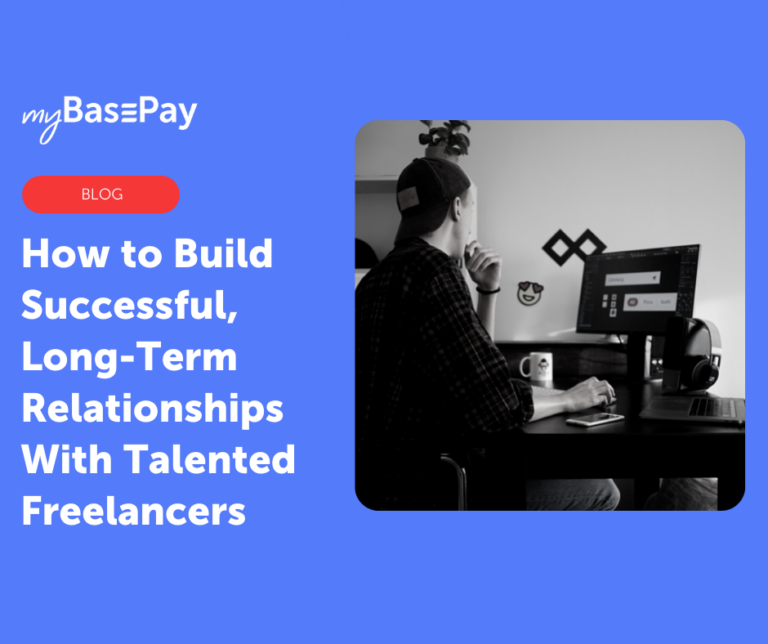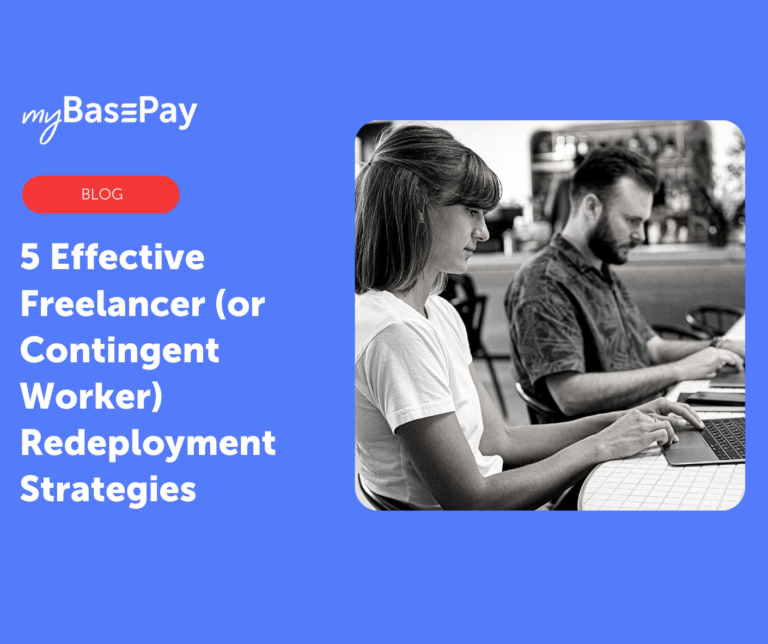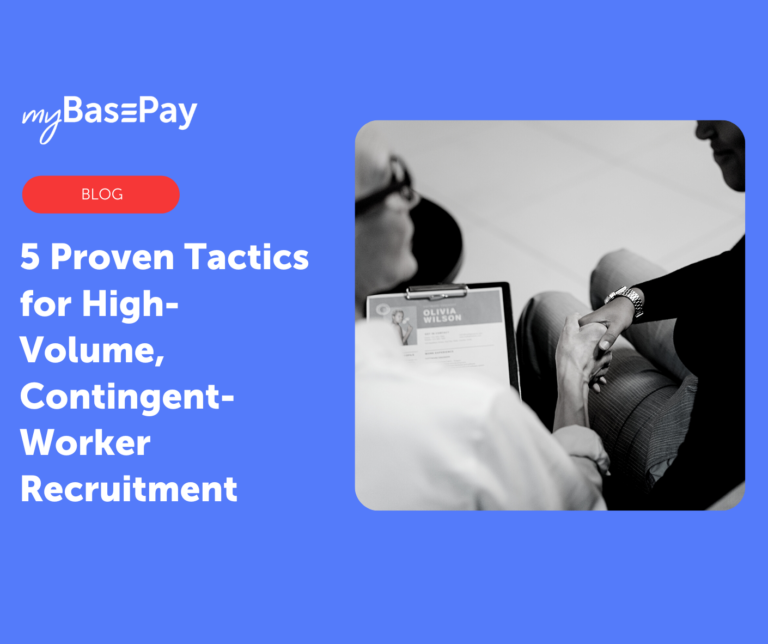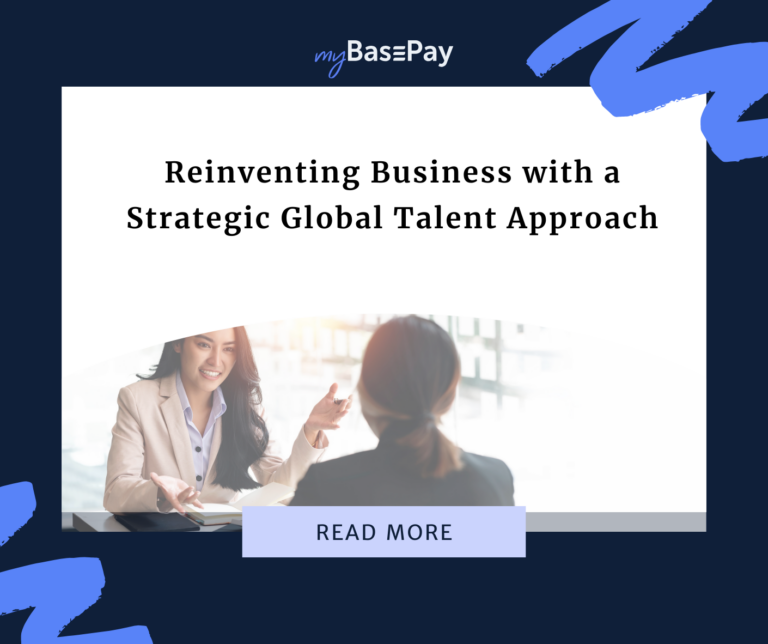5 Reasons Direct Sourcing Is the No. 1 Trend In Contingent Workforce Management
Direct sourcing — the hiring method in which companies use their employer brand to attract contractor candidates and create a private talent pool database — is fast becoming one of the biggest trends in workforce management.
Research from Staffing Industry Analysts reveals that an incredible 60 percent of contingent leaders plan to implement direct sourcing as part of their workforce strategy in the next two years. This far outpaces the rate of adoption for any other workforce management trend — so clearly, it is one worth digging into, particularly in today’s competitive market.
Understanding why direct sourcing has become so popular can help you decide if it is suitable for your own business.
-
Working With Proven Talent
One of the most appealing aspects of direct sourcing is that it makes it easier for companies to engage with a proven talent for future hiring needs. This is because direct sourcing talent pools are primarily formed from a list of individuals the company has already engaged with on some level.
This could include contractors who have worked for the company on past projects. These former employees have since transitioned to contractors, and even individuals vetted for a position previously were ultimately the “second pick” and didn’t get the job.
Not only have these individuals already engaged with the company in some form in the past, but they have also expressed an interest in working for your organization. This can make hiring decisions much easier, as managers understand different contingent workers’ talent, availability, and interest level.
-
A Private Talent Pool
With direct sourcing, proven talent isn’t drawn from a staffing agency’s database that is shared among other employers (including, possibly, direct competitors). Instead, the company builds its private talent pool that stores information on contingent workers.
This can be a distinct competitive advantage because it allows employers to reach out to qualified contingent workers as soon as they identify a need. No intermediary has the potential of sourcing a company’s top candidate to another corporation.
This private talent pool can become even more valuable over time. After all, companies can continue to engage with contingent workers from outside their direct sourcing talent pool. Simply posting a job listing is often enough to get in touch with several qualified candidates. As the company engages with these candidates, its private talent pool increases in size and diversity, further streamlining future hiring needs.
-
Easy Implementation With EOR Providers
While direct sourcing can help eliminate a business’s reliance on generalist staffing suppliers, the company will still need someone to manage the process of vetting, hiring, and retaining contingent talent. Providing a high-quality experience throughout the process is vital for building the employer brand and ensuring that top talent wants to work with the company again in the future.
Partnering with an employer of record (EOR) that also provides direct sourcing can significantly simplify this process, creating a better experience for both the organization and its contingent workers. An EOR can manage onboarding and offboarding, pay and benefits, worker classification, and other essential HR concerns. An EOR can also help classify candidates within the talent pool for a more efficient hiring process.
Because the EOR takes accountability for tasks and liabilities associated with employment, the organization using the direct sourcing model can have peace of mind and place its primary focus on creating a quality work environment that gets the most out of its contingent partners.
-
Streamlined Hiring
In today’s ultra-competitive hiring market, the ability to quickly onboard top talent can often prove the difference in getting them to work with you. Rather than needing to wait for a staffing agency to pass along a job description to potential candidates and go through applications, you can reach out directly to qualified candidates within your talent pool. Often, companies can skip the interview process because the individuals in the direct sourcing talent pool have already been screened.
This means that qualified contingent workers can get to work right away — something that should be highly appealing to them, while also enabling the business to make progress on its projects that much sooner.
The onboarding process can be further enhanced when sourcing returning talent who already understands the company’s operations and standards. This can significantly reduce their “learning curve” instead of an individual who has never worked with the company before, allowing them to achieve maximum productivity much sooner.
-
Reduced Expenses
Even though things have come a long way since early 2020, the COVID-19 pandemic creates financial chaos for businesses in many industries. Both enterprise-level and small businesses have felt the pressure to reduce their expenses whenever possible to ensure they can survive in an ever-shifting marketplace.
Then, it should come as no surprise that the potential financial benefits of direct sourcing play a key role in its appeal. Working with a single direct sourcing partner (rather than a variety of staffing agencies) to manage talent can result in significant savings in and of itself.
A more streamlined hiring process can also pay big dividends for an organization’s bottom line. Faster filling of job requisitions and faster time to total productivity enables companies to complete crucial projects more quickly. Working with previously vetted contingent workers also reduces the time and monetary risks of needing to re-do unsatisfactory work performed by a previously unknown contingent worker.
Ensuring Success When Hopping On the Trend
With these distinctive advantages, it is quickly apparent why so many businesses are eager to jump on the direct sourcing bandwagon. However, direct sourcing isn’t without its risks like other workforce management practices. Working with many contingent employees can significantly increase a company’s chances of worker misclassification and other HR issues.
While direct sourcing can reduce reliance on traditional staffing agencies, an ongoing partnership with an employer of record will undoubtedly prove vital to navigating this trend successfully. By turning over back-office responsibilities to MyBasePay, you can have confidence that your direct sourcing is being managed appropriately to enhance the experience for top talent.
Author: Cesar Romero
Cesar is the Head of Marketing at myBasePay, where he’s responsible for overseeing the company’s content marketing, community, and partnerships strategy. He also co-hosts The Ivy Podcast where he interviews executives from Fortune 500 companies on executive leadership. When he’s not helping startups with marketing and community strategy, you can find him paying it forward by serving as a mentor for leading organizations like StartingBloc, Hive, and Global Citizen Year.
